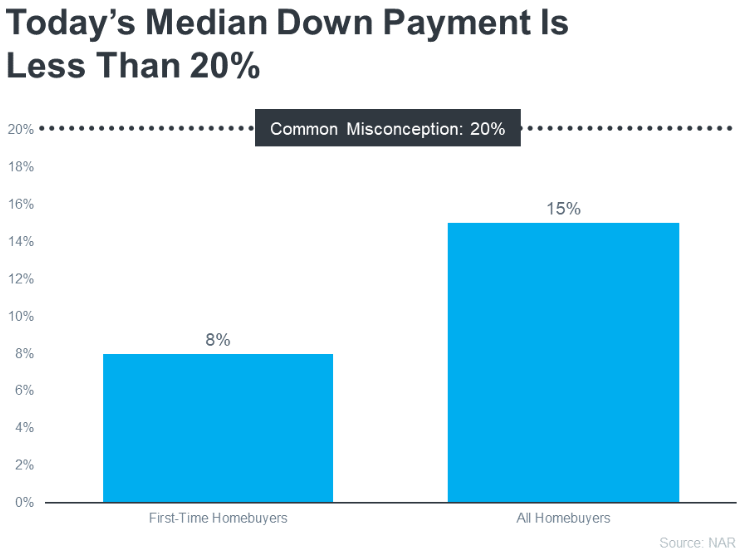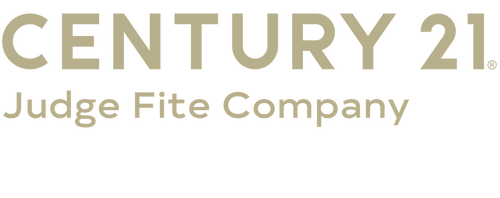Embarking on the journey to homeownership brings excitement and anticipation, but it also involves navigating various financial considerations. In this post, we’ll unpack three critical aspects for first-time home buyers: 1) Down Payment, 2) Monthly Payment, and 3) Closing Costs. While we’ll explore Monthly Payments and Closing Costs in future posts, let’s take a moment to shed light on the often-perplexing topic of Down Payments.
Addressing Down Payment Concerns:
When delving into the costs of homeownership, a common sentiment I encounter is, “I can’t afford a large down payment. The monthly cost seems manageable (although Zillow says it would be less), but what about those mysterious closing costs?”
Guidance on Prioritizing:
My advice to first-time home buyers is to focus on the monthly payment initially. If your budget aligns with that, rest assured we have options for assistance with the down payment and closing costs. While a detailed discussion on closing costs is reserved for a subsequent post, let’s hone in on the down payment for now.
Dispelling the 20% Myth:
A prevailing myth suggests a hefty 20% down payment is the only path to homeownership (refer to the Keeping Current Matters article copied below). However, with a solid credit score, I have access to a lender offering a 1% down conventional loan. Furthermore, I’ve established a network with lenders who excel in facilitating down payment assistance programs.
Where to go From Here:
Consider this – read the Keeping Current Matters article (copied below) to equip yourself with valuable insights. Then, shoot me a DM or a text, and let’s arrange a meeting this week to look at how the numbers align for you. You might be closer to the keys of your first home than you ever imagined, especially with potential down payment assistance!
—–
Article from Keeping Current Matters (original post here)
The Truth About Down Payments
If you’re planning to buy your first home, saving up for all the costs involved can feel daunting, especially when it comes to the down payment. That might be because you’ve heard you need to save 20% of the home’s price to put down. Well, that isn’t necessarily the case.
Unless specified by your loan type or lender, it’s typically not required to put 20% down. That means you could be closer to your homebuying dream than you realize.
As The Mortgage Reports says:
“Although putting down 20% to avoid mortgage insurance is wise if affordable, it’s a myth that this is always necessary. In fact, most people opt for a much lower down payment.”
According to the National Association of Realtors (NAR), the median down payment hasn’t been over 20% since 2005. In fact, for all homebuyers today it’s only 15%. And it’s even lower for first-time homebuyers at just 8% (see graph below):

The big takeaway? You may not need to save as much as you originally thought.
Learn About Resources That Can Help You Toward Your Goal
According to Down Payment Resource, there are also over 2,000 homebuyer assistance programs in the U.S., and many of them are intended to help with down payments.
Plus, there are loan options that can help too. For example, FHA loans offer down payments as low as 3.5%, while VA and USDA loans have no down payment requirements for qualified applicants.
With so many resources available to help with your down payment, the best way to find what you qualify for is by consulting with your loan officer or agent {like Rob!}. They know about local grants and loan programs that may help you out.
Don’t let the misconception that you have to have 20% saved up hold you back. If you’re ready to become a homeowner, lean on the professionals to find resources that can help you make your dreams a reality. If you put your plans on hold until you’ve saved up 20%, it may actually cost you in the long run. According to U.S. Bank:
“. . . there are plenty of reasons why it might not be possible. For some, waiting to save up 20% for a down payment may “cost” too much time. While you’re saving for your down payment and paying rent, the price of your future home may go up.”
Home prices are expected to keep appreciating over the next 5 years – meaning your future home will likely go up in price the longer you wait. If you’re able to use these resources to buy now, that future price growth will help you build equity, rather than cost you more.
Bottom Line
Keep in mind that you don’t always need a 20% down payment to buy a home. If you’re looking to make a move this year, reach out to a trusted real estate professional {like Rob!} to start the conversation about your homebuying goals.


 Facebook
Facebook
 X
X
 Pinterest
Pinterest
 Copy Link
Copy Link


